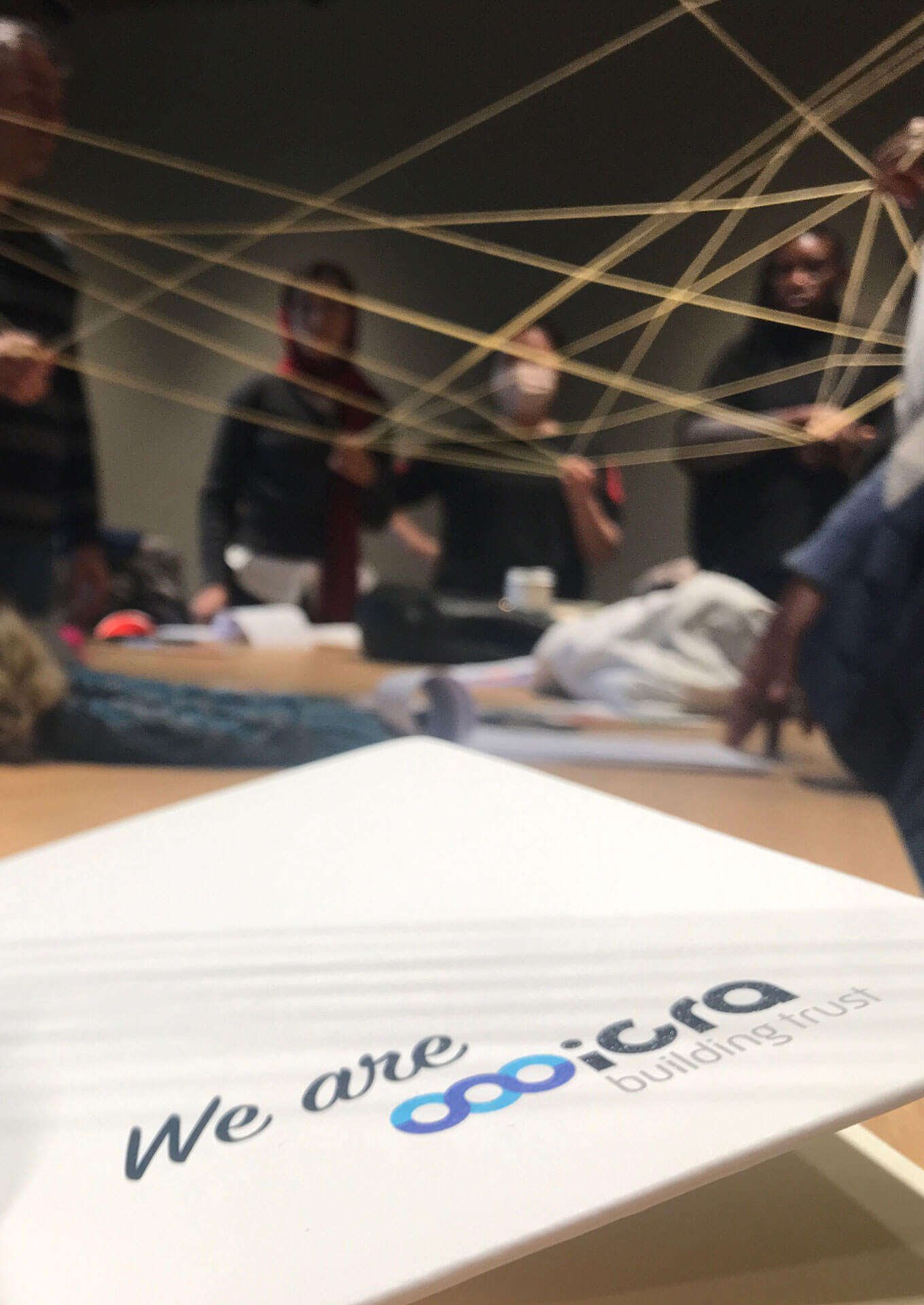What is the difference between position and interest in a negotiation?
In the module ‘Negotiation skills’ of our Making Agribusiness Work-course, we emphasize the importance of focusing on the INTEREST instead of the POSITION involved in the negotiation process.
Position
The position represents the demand announced by one of the parties in the negotiation. Each party has its own demands. Staying with these demands alone greatly reduces your room for manoeuvre.
“Yes, I accept your demand”
“No, I don’t accept it”
The only possible outcomes to the negotiation are to give in or not to give in to the demand.
Interest
Interests represent the why or the objectives behind the announced demands. By understanding these interests, you open up the possibility of solutions.
“If I understand correctly, you want X because it allows you to do Y and Z, is that right?”
An example: I want the orange!
We explain it using an example of two children fighting for one orange. The parent, trying to be fair, slices the orange in half and gives each a piece. But after realizing what they each needed or wanted the orange for, the parent realized that it was not the right solution!
This example illustrates our point in this way:
Positions:
“I want the orange”
“I want the orange too!”
Interests:
“I want the zest of the orange to bake a cake”
“I want the juice from the orange because I’m thirsty”
If the parent had explored the interests of both the children, they’d find a possible solution for both of then to win! Like, grate the zest for one, then squeeze the juice for the other. And both children would have had double the amount.
Read more iCRA Expert bites & Expert talks


